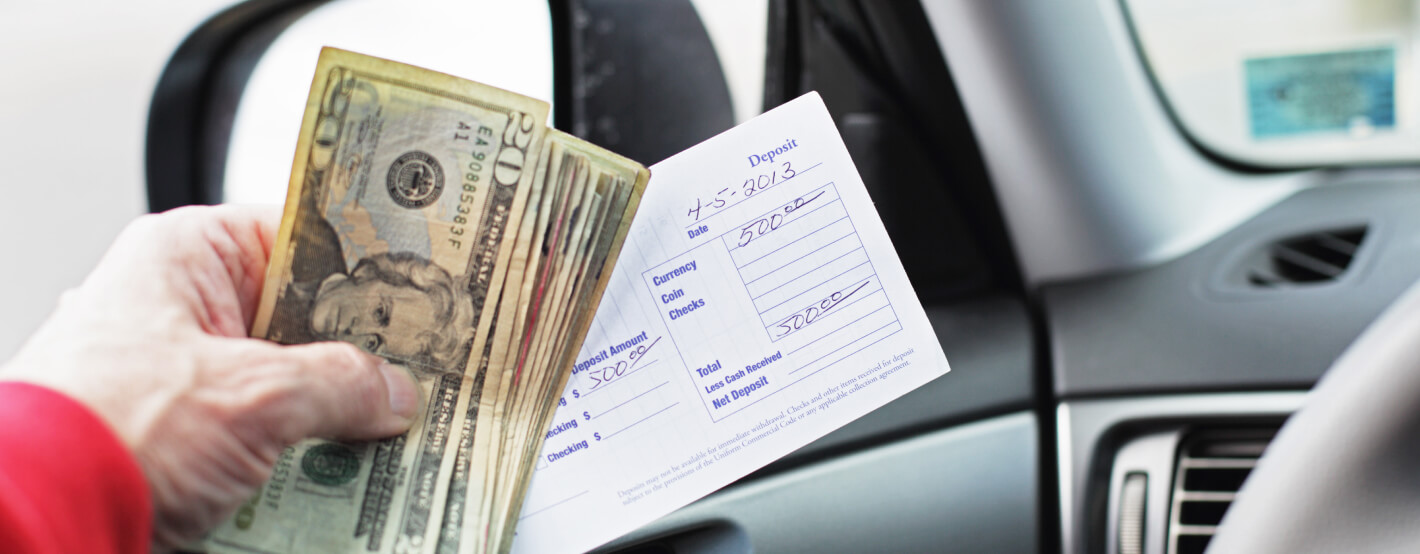Understanding how to correctly fill out a deposit slip can help you streamline your deposits and access your money faster. Luckily, the process is straightforward – and once you’ve mastered it, you’ll be making deposits like a pro.
1. Provide personal information
Start by writing your full name and account number at the top of the deposit slip. This information helps the bank direct your funds to the correct account. Skipping this step will result in your deposit not going through.
2. Include the date
Mark the date of the deposit to keep a record of when the transaction occurred.
3. Sign the check and slip
If you’re depositing a check, sign and date the back where directed. You may also need to sign the deposit slip depending on your bank’s requirements.
4. Specify the cash amount
Write down the total amount on the deposit slip if you’re depositing cash. It’s crucial to count your money beforehand to ensure accuracy.
5. List checks individually
If you’re depositing more than one check at the same time, write each check’s number and amount in the designated sections on the deposit slip. This step helps you and your financial institution track each check being deposited.
6. Request cashback if needed
When you deposit a check, you can request to receive some of your deposited money back in cash. Use the “less cash received” section on the deposit slip if you need cash back. This amount will be subtracted from the total deposited funds, and you’ll receive the difference in cash.
7. Calculate the subtotal for deposits
Add up the total amount of cash and checks you’re depositing. If you’re requesting cash back, subtract that amount to arrive at the total deposit amount. Write the deposit subtotal on the slip.


